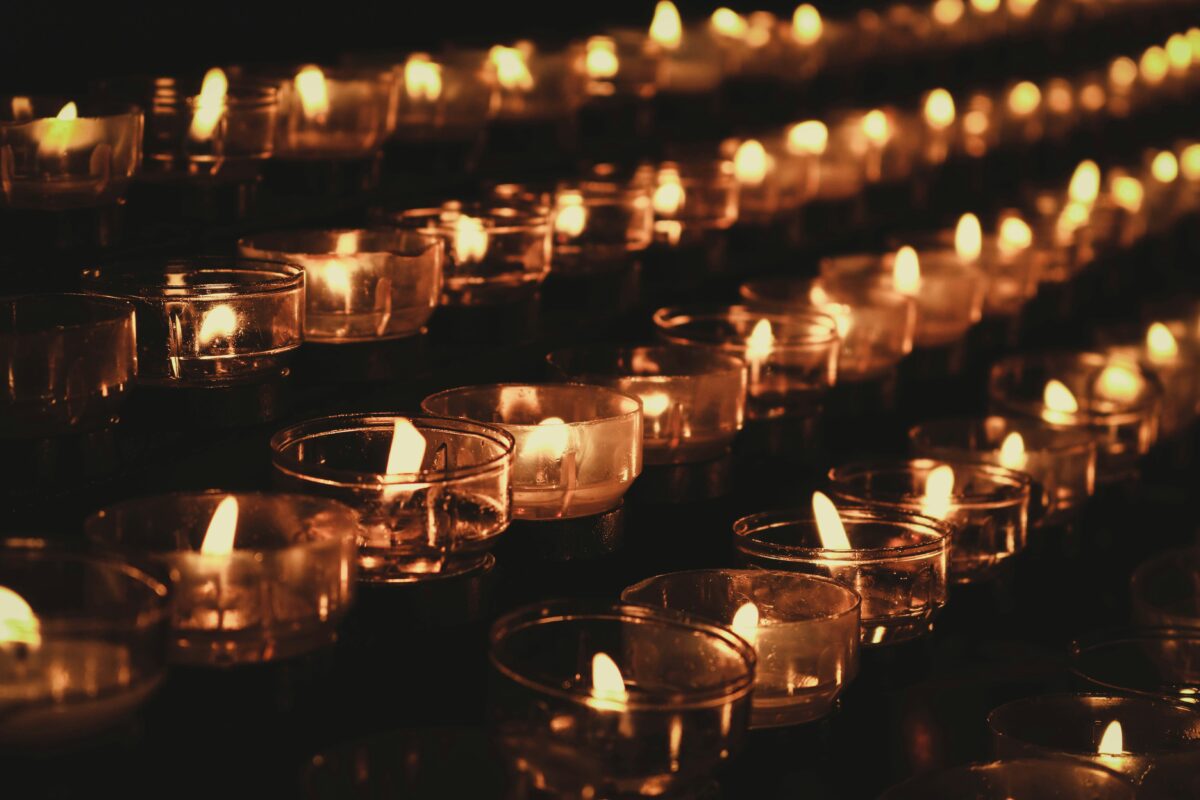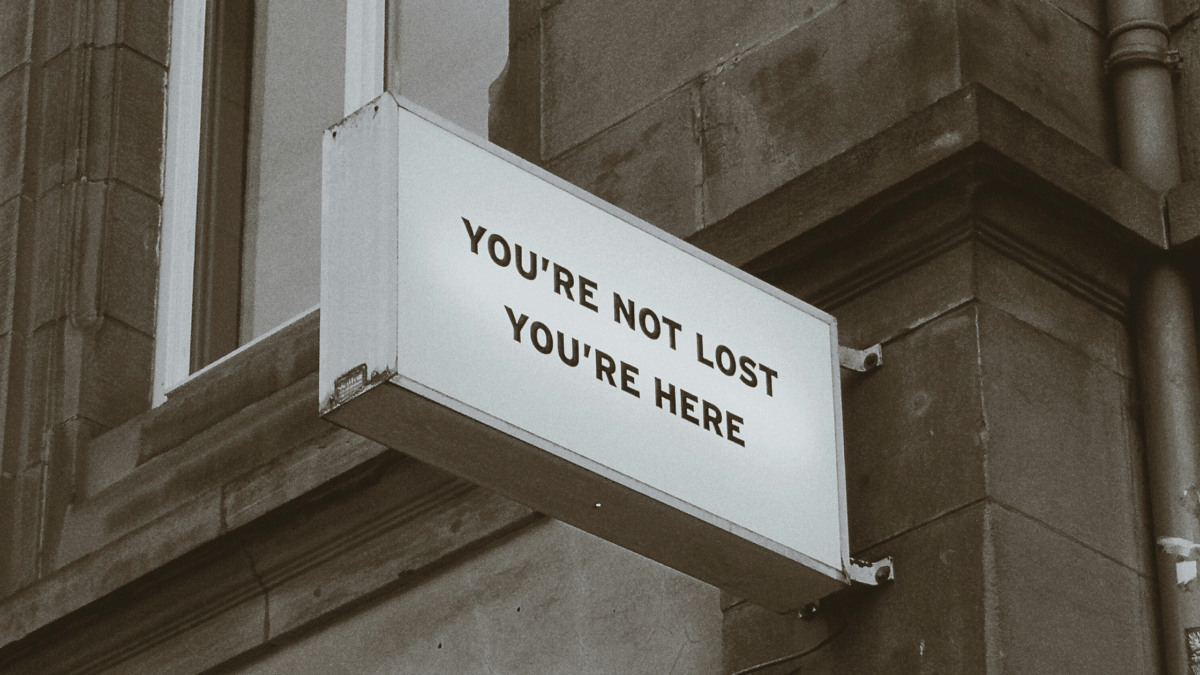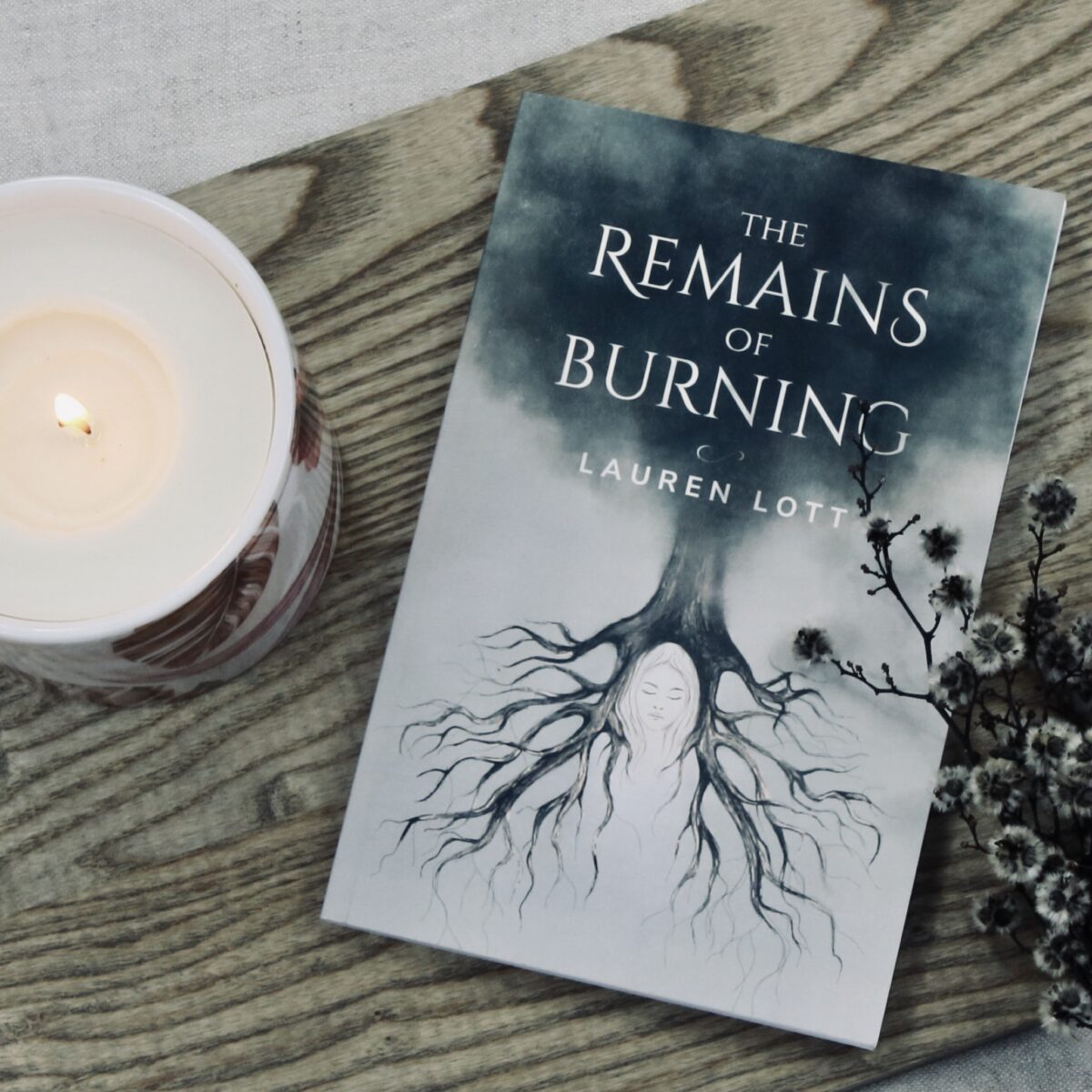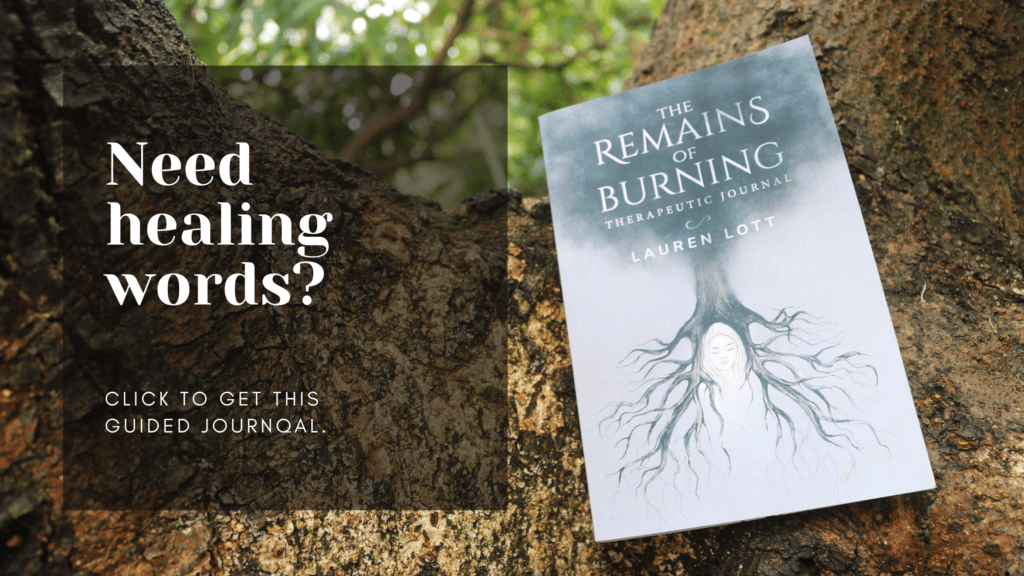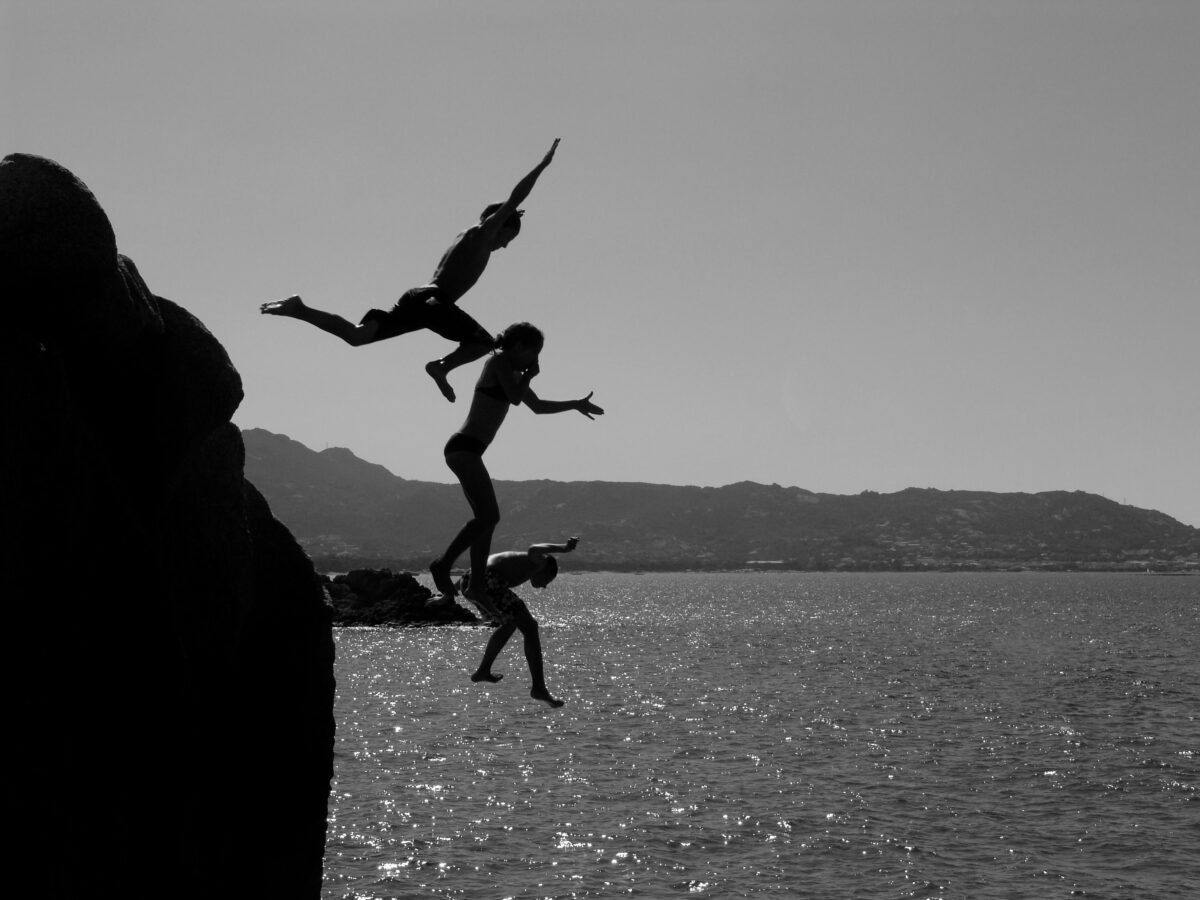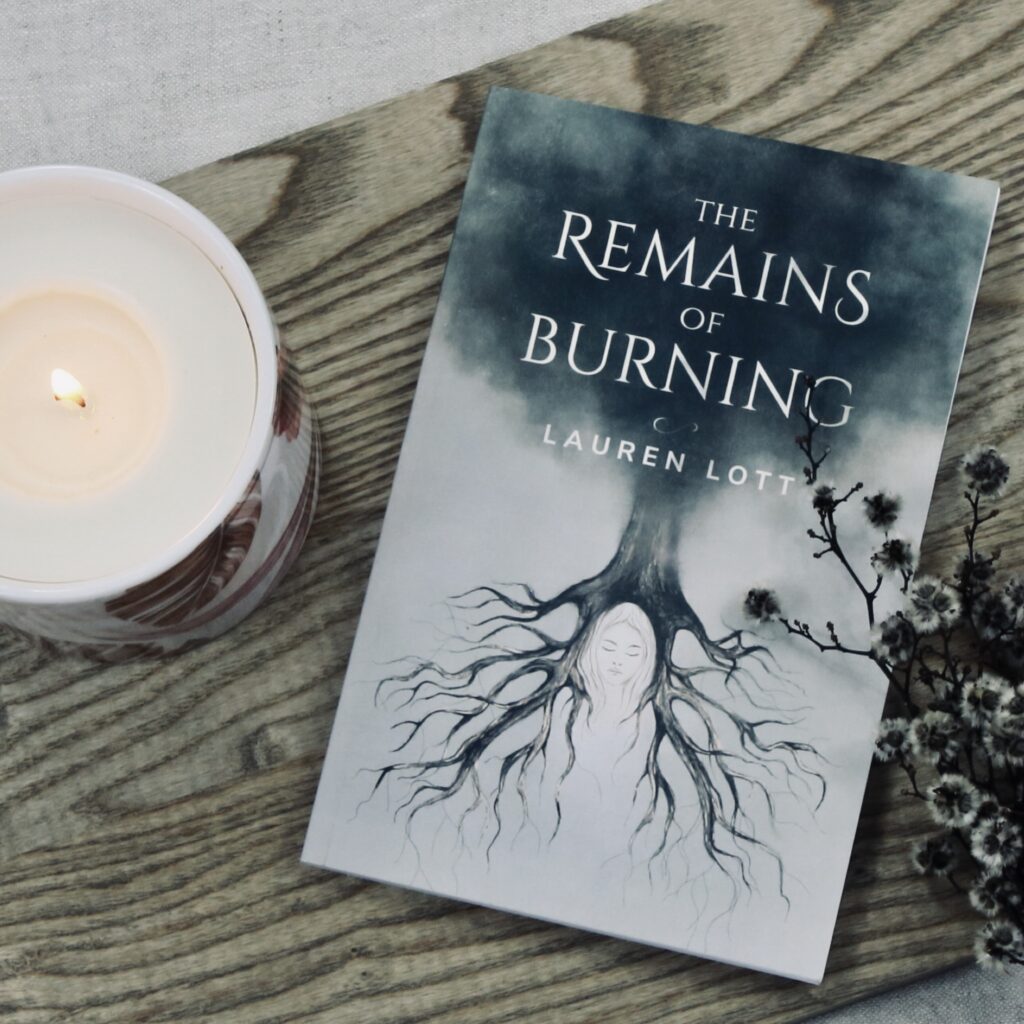Here I am, staring at a document titled ‘Book Proposal’, feeling a mix of excitement, uncertainty, and the pull of possibility.
The doubt is persistent. Although I have full confidence in the concept and genuinely believe my idea is unique, something still tells me I should leave this to the “real” writers. Imposter Syndrome is loud. It repeats the same words over and over: “You’re delusional,” trying to convince me that I’m an idiot for trying.
But I’m moving forward anyway.
Fearing Regret More Than Failure.
I do this not because I’m especially brave, but because at 46, my fear of regret has grown significantly larger than my fear of failure. This is just one of the gifts midlife has given me.
I don’t want to look back at this version of myself and see a woman who made herself small, who smothered her creativity, who kept her ideas to herself. Because deep down, if I’m truly honest, I believe in this book.
I believe in its power to help people in a profound way. I believe it could be the wind that stirs the embers in many hearts, reigniting something they thought had died inside them. I believe from this book, many more could be written. Many deep and personal discoveries could be made. Many loving and life-transforming actions could be set in motion.
So, although I most definitely don’t feel “ready,” I’m putting it together piece by piece, paragraph by paragraph, trusting that I’ll figure it out as I go. And as I do, regret will be put to rest.
We can do things that way, you know, bit by bit, step by step. We don’t have to be experts or have an infallible plan. We can feel things out, think them through, take our time. We can do things unconfidently. Slow productivity is still real productivity, and I believe that, more often than not, it’s the approach that’s best for me.
Trusting the Ideas That Won’t Let Go
Ideas are like newborns, they all arrive differently. Every mother has a birth story, and every idea has its own journey into the world. Some come suddenly, fully formed, while others take time, unfolding slowly, demanding patience and care.
This idea came to me as I was driving alone down the East Coast of New South Wales after visiting my mother. First the concept, then the title. It rushed in, as if my mind were an umbrella and it was ducking for cover, seeking shelter. It felt random, yet right on time. It demanded to be written down, regarded with importance. Though it arrived uninvited, still, it won’t let me go.Arrested—that’s the word for it. I was arrested by it, and the only thing to do with a thought, concept, or belief that arrests you is to trust that it might be something and slowly let it take shape.
Believing That What We Create Matters
There’s no way I could endure the searing sting of Imposter Syndrome, the gnawing doubt, the constant second-guessing, of shaping an idea, if I didn’t believe it mattered. Too often, we put down our tools, close our laptops, or abandon our art supplies out of fear that we’re just wasting our time. What’s the point of poetry, of art, of expression, anyway?
But here’s the truth, believing it matters, makes it matter. The act of believing in our work gives it weight, presence, and the energy it needs to exist in the world. It changes how we show up, how we nurture our ideas, how we push through doubt instead of surrendering to it.
The only way to give ideas a chance to find their purpose, to take root in someone else’s life, to spark something beyond what we can see, is to believe they will. If we dismiss them, they fade. But when we trust that they matter, we breathe life into them, and in doing so, they begin to take on a life of their own.
And so here I am, in over my head, trusting with every tap of the keyboard. Because I had a moment of resonance. Because an idea lingers. Because I’m more than a little afraid of reaching the end of my life and wishing I had given life to what flew into my head and arrested me,or at least tried to.
Yes, I’m writing my first book proposal. And to me, that feels both entirely absurd and completely inevitable, all at once.

